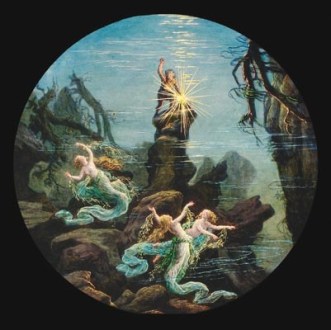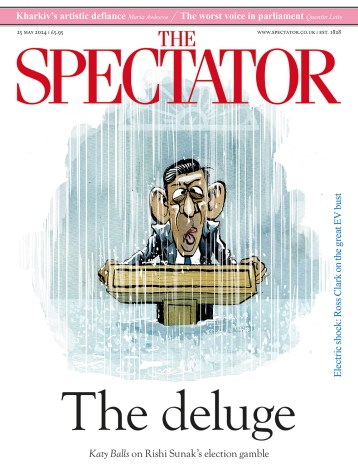The Wagner effect
Henrietta Bredin has put together a series of events to celebrate the Royal Opera House’s Ring cycle It is with considerable trepidation that I venture to write about Richard Wagner in these pages, considering that in doing so I am following a trail well blazed by Bernard Levin — a passionate and lushly articulate devotee


